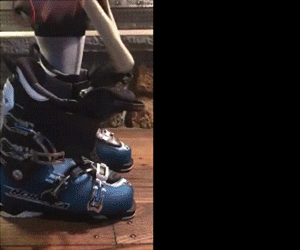marzNC
Angel Diva
Green smoothie sounds like a good idea. I've found that balancing nutrition certainly can get complicated when there are competing priorities. I like cheese, but the types I like are not the best choice if being careful for cardio reasons. Not an issue for me, but something my husband is watching.I am taking the route of a good vit D supplement (have been on gel caps for years now) and a green smoothie a day, loaded with organic leafy greens to get additional calcium. I eat a lot of dairy (whole dairy!) This way I feel I am ensuring I am getting bio-available forms of calcium vs. a giant tablet that may or may not be absorbed. And with the way glyphosate chelates minerals from the soil, I feel organic is the only way to go.
Here is the recent article from Time mag about calcium supplements:
https://time.com/4053338/calcium-supplements-bone-health/
Thanks for the link. Don't have time to read the medical journal articles referenced in the article right now. Looks like one is a review of studies, then a meta-analysis with "risk of fracture" as the outcome, published in Sept 2015.



